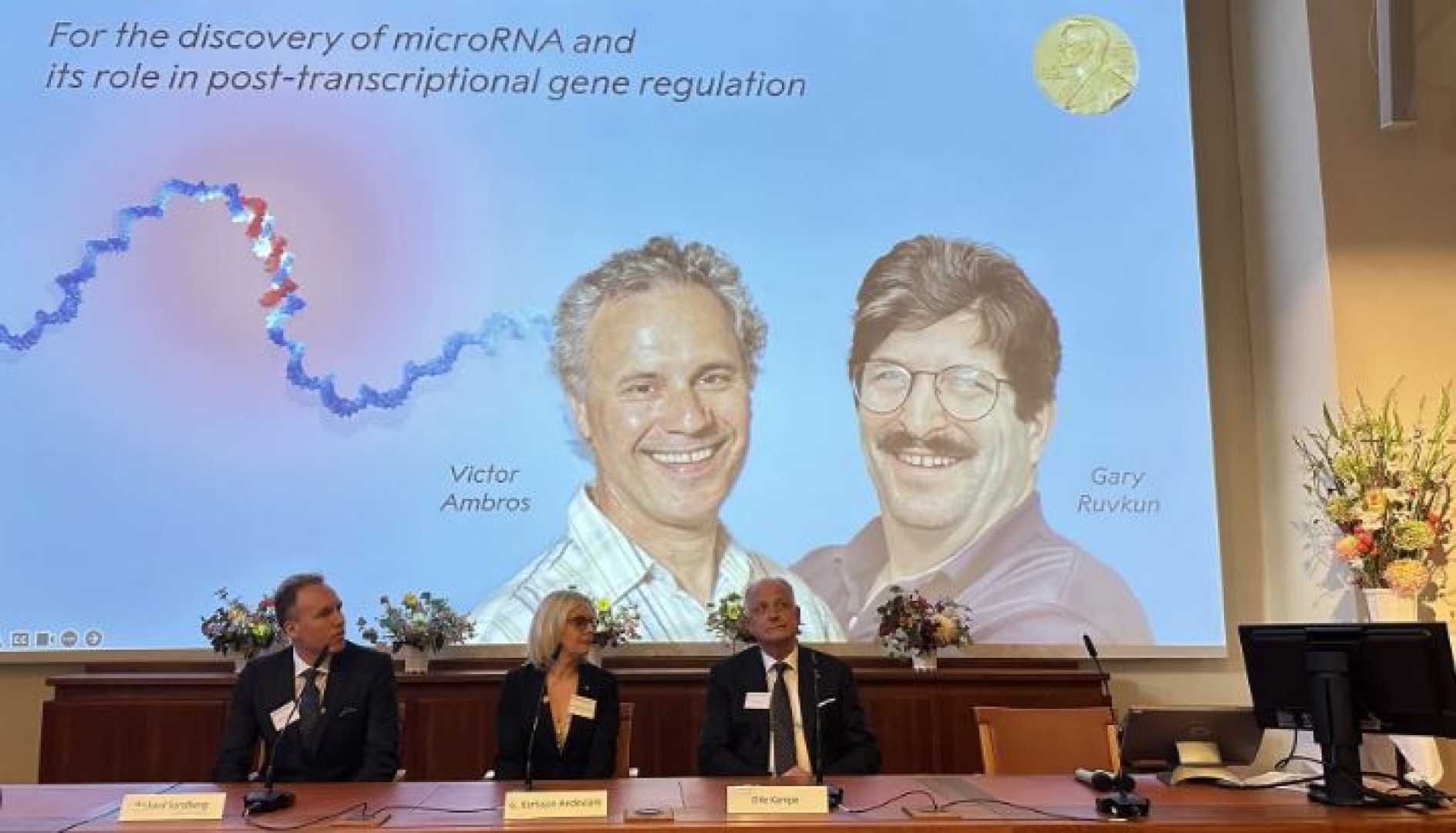News
Nobel Prize 2024: Landmark Discovery in MicroRNA Awarded

The 2024 Nobel Prize in Physiology or Medicine has been awarded to Victor Ambros and Gary Ruvkun for their pioneering discovery of microRNA and its critical role in regulating gene expression after transcription. The Nobel Prize announcement, made in Oslo, Norway on October 7, 2024, recognizes research initiated in the early 1990s using Caenorhabditis elegans, a model organism that has proved crucial in genetic studies.
Before microRNAs were discovered, gene regulation was primarily linked to proteins known as transcription factors, which control the transcription stage of gene expression. Ambros and Ruvkun’s research unveiled an additional level of gene regulation occurring post-transcription, showcasing that microRNAs influence the stability and translation of messenger RNA, thus affecting protein production. “Their work represents a fundamental shift in our understanding of gene regulation,” noted the Nobel Committee.
Initially, it was assumed that this type of gene regulation might only apply to less complex organisms like the roundworm used in their studies. However, subsequent research found that microRNAs are present in both invertebrates and vertebrates, playing extensive roles in regulatory functions across species. By 2001, researchers discovered that the human genome encodes more than 1,000 microRNAs, integral to various biological processes.
The misregulation of microRNAs has been increasingly associated with diseases such as cancer, diabetes, and autoimmune disorders. In cancer, for example, altered microRNA expression can lead to changes in cellular proliferation, evasion of cell death, and metastasis. “We now see potential for using microRNAs as biomarkers in the diagnosis and prognosis of cancer,” said a researcher in oncology.
Meanwhile, the selection process for Nobel Prize awards remains confidential and rigorous, involving nominations from qualified experts and assessments by panels of specialized committees. These evaluations typically include consultations with global experts to ensure a comprehensive analysis of nominees’ contributions. Final selections are revealed, following a majority vote, early each October ahead of the official announcement.












